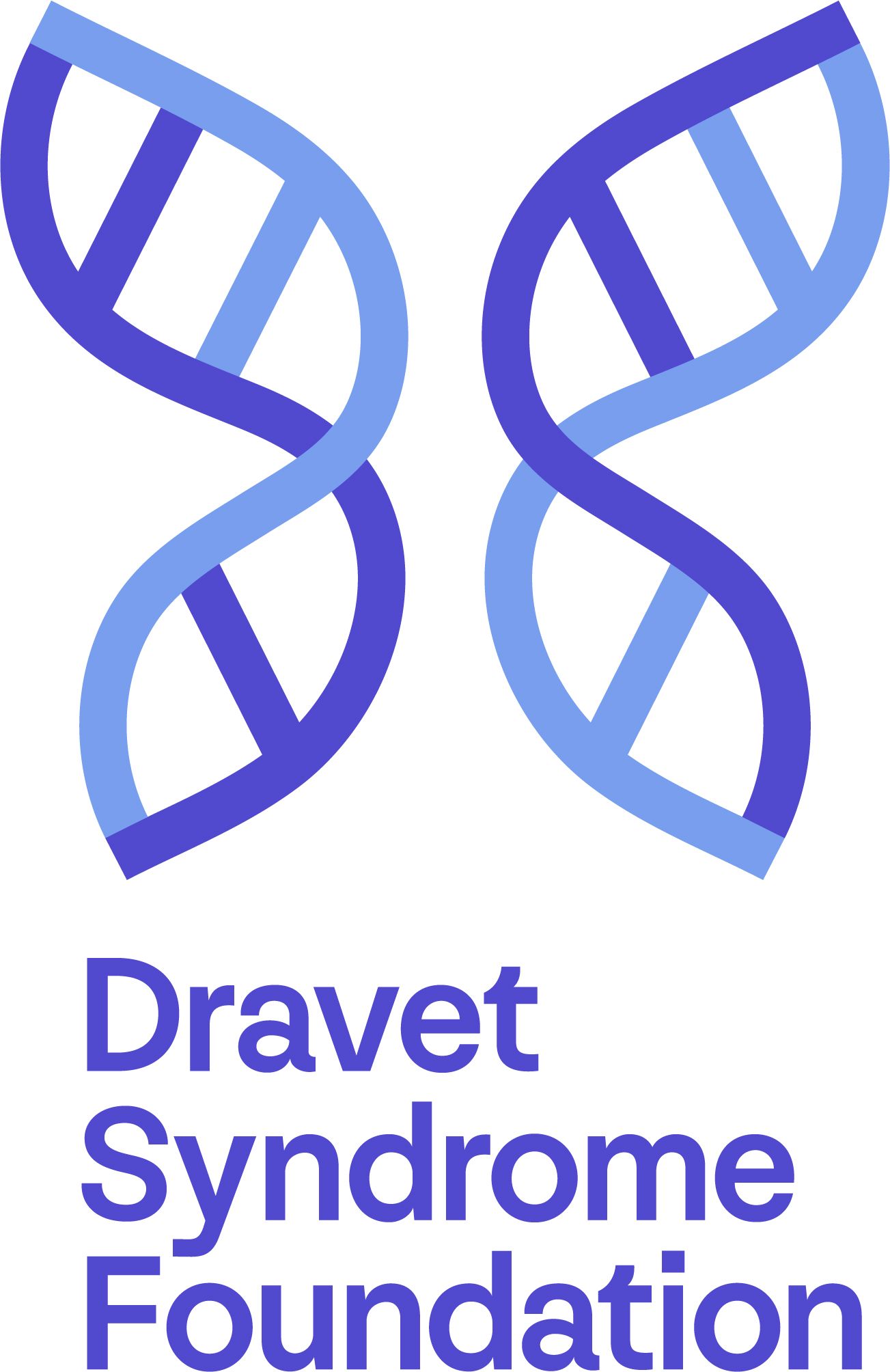
Understanding Different Dietary Approaches for Epilepsy: Robyn Blackford, RD, LDN

The registered dietician at Ann & Robert H. Lurie Children’s Hospital of Chicago discussed the variety of diets available to patients with epilepsy and how they differ from one another. [WATCH TIME: 3 minutes]
WATCH TIME: 3 minutes
"For that classic, ketogenic diet, everything is weighed on a gram scale. You know every calorie, every protein, carbohydrate, fat, etc., down to the 100th of the gram. That way, we make sure patients stay in the correct amount of ketosis and everything is measured."
In addition to taking standard antiseizure medications, children and adults with
Robyn Blackford, RD, LDN, registered dietician, Ann & Robert H. Lurie Children’s Hospital of Chicago, has worked within the space caring for these patients for almost 16 years. She specializes in nutrition for patients with epilepsy, with specific clinical interests that include ketogenic interventions for various genetic disorders and intractable epilepsies, as well as training and mentoring health professionals about these approaches.
NeurologyLive caught up with Blackford to get her thoughts on the commonly used dietary therapies, which patients benefit from certain approaches, and how much room patients are allotted to go outside they’re normal regimen. She also discussed how ketosis is achieved and whether mixing diets can have a positive or negative impact on a patient’s outcomes.
Newsletter
Keep your finger on the pulse of neurology—subscribe to NeurologyLive for expert interviews, new data, and breakthrough treatment updates.










